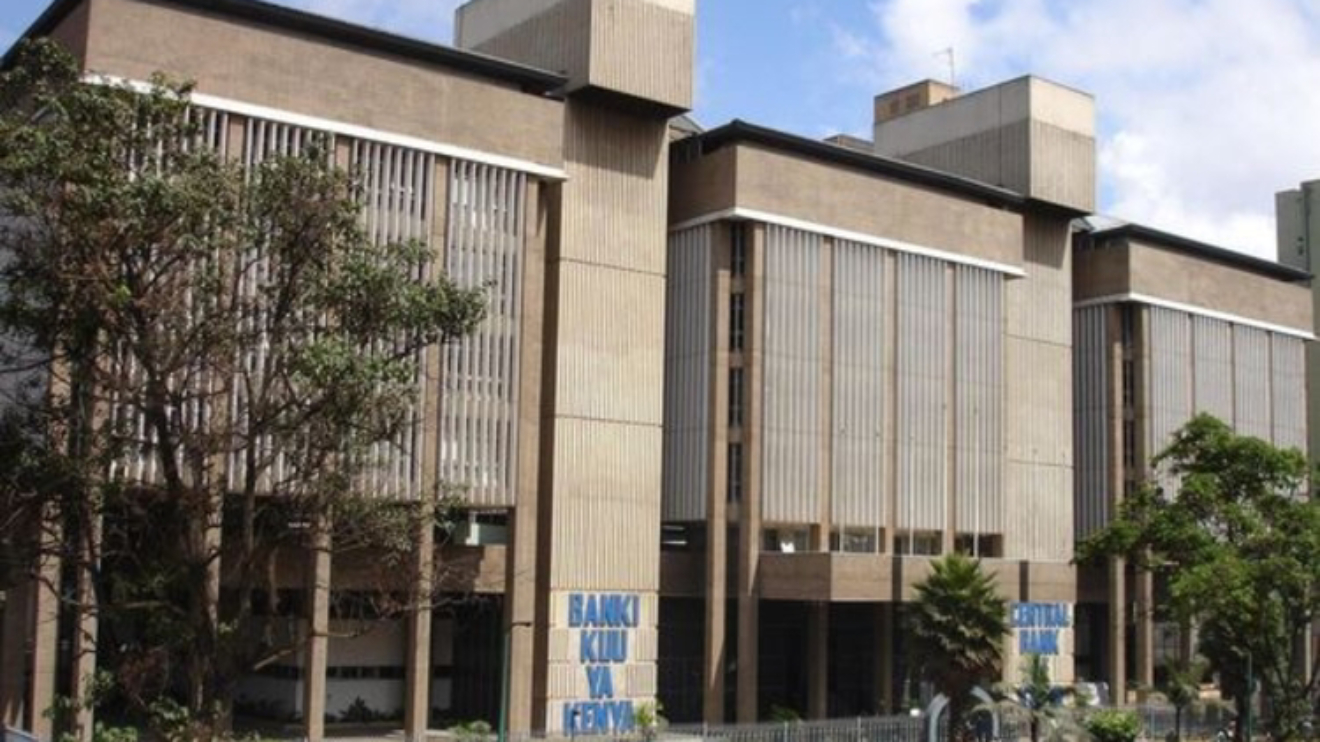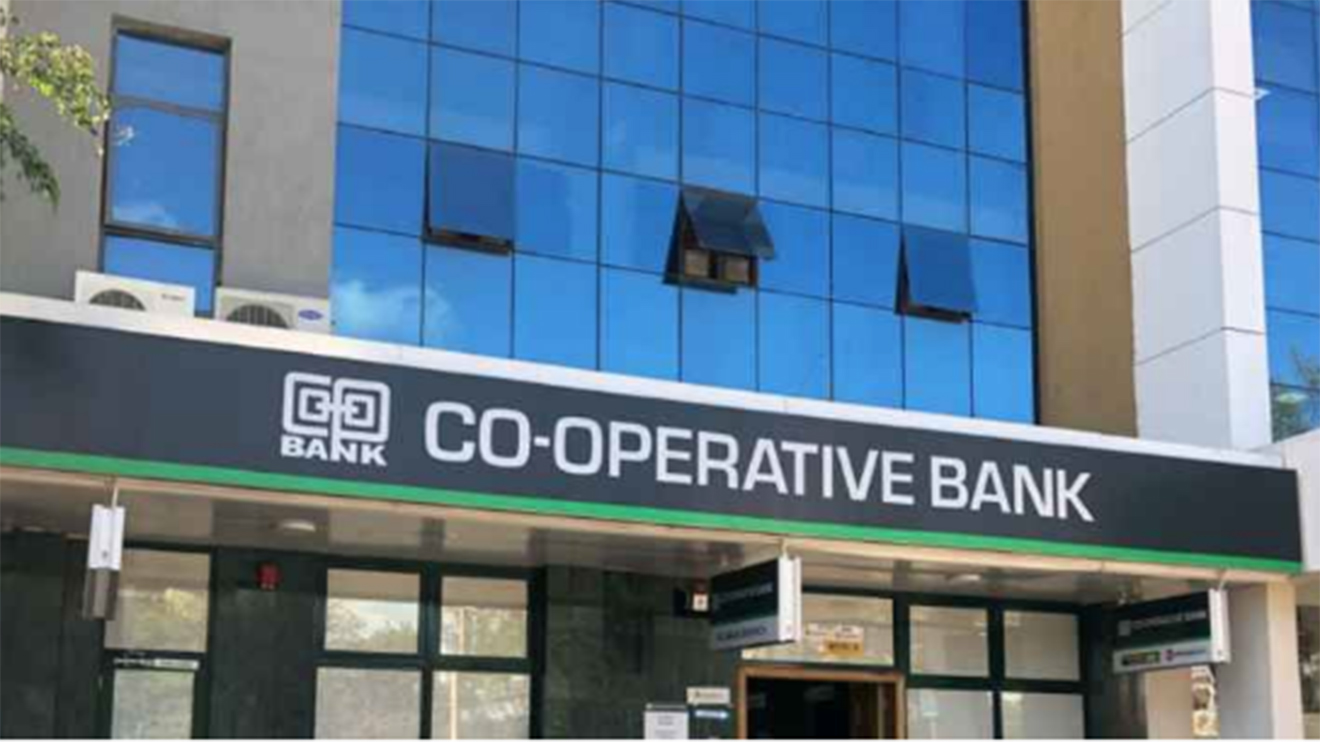The Central Bank of Kenya (CBK) has encountered fresh challenges in its debt management strategy, underscored by a starkly underwhelming performance in this month’s bond auction.
The government managed to secure only Sh14.68 billion out of a targeted Sh30 billion, marking a significant under-subscription of 50 per cent.
The issue, analysts contend, lies in a growing rift between the CBK and investors over interest rates.
This discord has been exacerbated by the government's expanded domestic borrowing plans, necessitated by the recent withdrawal of the Finance Bill 2024.
A breakdown of the auction results reveals a clear investor preference for the shorter-term debt instrument.
Read More
The 10-year bond attracted bids of Sh7.06 billion, with the CBK accepting Sh6.75 billion at an average yield of 16.59 per cent.
This figure aligns closely with the bond's coupon rate of 16 per cent.
However, the 20-year bond, despite attracting bids of Sh7.6 billion, met with a colder reception. Investors demanded a higher yield of 18.47 per cent, forcing the CBK to accept offers at 18.29 per cent.
To accommodate this increased yield, the central bank had to offer a substantial price discount of Sh11 for every Sh100.
“The CBK faces a huge test, after a recent credit rating downgrade and upsized net domestic financing targets. We expect heightened yield tensions between the CBK on the one hand, and investors on the other keen to maximise real yields,” warned analysts at AIB AXYS Africa.
The current bond sale debacle follows a similar trend in July, where a tap sale of a reopened two-year bond was met with investor apathy.
Only Sh487.5 million of the targeted Sh20 billion was raised.
Analysts attributed this to uncertainty surrounding the government's borrowing plans and investor expectations of higher short-term rates.
The government's decision to withdraw the Finance Bill has had far-reaching implications for its fiscal outlook.
A supplementary budget released earlier this week revised the fiscal deficit to Sh652 billion from the previously estimated Sh597 billion.
To bridge this gap, domestic borrowing will increase by Sh17.5 billion.
While the revised deficit is lower than the initial projection of Sh766.7 billion announced by President William Ruto, the increased reliance on domestic borrowing is likely to further strain the government's relationship with investors.



-1731675695.jpg)




-1731665904.jpg)
